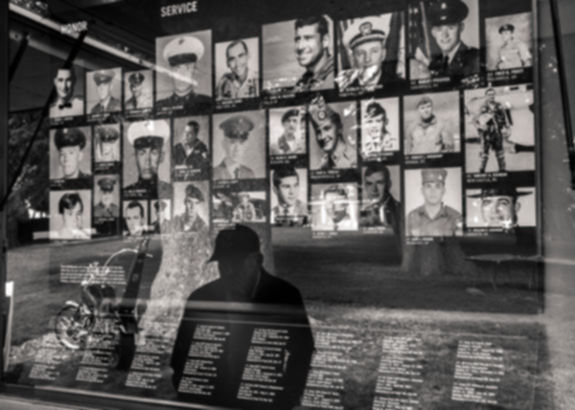Going back to school after a three month summer vacation, coming back to work on a Monday after a three day weekend, remembering how to ice skate after skipping out on a year of practice; not only do I think coming back to a reality that has been long forgotten is difficult, it’s not fun either. I can’t imagine the tremendous difficulty that seems almost inevitable when coming back from months, maybe years, away to restart an unfamiliar, distant relative of a life. Needless to say, this immense hurdle must be overcome regardless of adversity, and there are a couple ways we can make this happen.
Option #1- Go directly into the work force.
Although it is definitely a challenge for veterans to go directly into the work force, it is not uncommon. Just like some career paths are more likely to choose undergraduate students from college, others are more apt to select veterans of military service. In 2009, Obama signed an executive order establishing the Veterans Employment Initiative that helps veterans couple and translate their developed skills from the military to careers. Thus, the government is generally more open to providing federally funded careers to veterans. A list of available jobs, training and helpful information can be found here. There are also websites that allow for veterans to post their resumes, and look for jobs, as well as employers who are actively searching for individuals with the skill set that is inherent in veterans to post available job listings.
Option #2- Go to an upper level educational institution.
According to US News, these are the top-ranked schools in the 2015 Best Colleges rankings that participate in federal initiatives helping veterans and active-duty service members apply for, pay for and complete their degrees. In addition to applying through the normal application system, some programs exist to aid the process. For example, the Posse Foundation. The Posse Foundation provides support before entering into college and also during the time in school. They send cohorts of ten students to prestigious four year institutions who each are granted full-tuition, merit based scholarships. This means, that regardless of current financial standing or government funding, by being a veteran, one may qualify to apply for funding and may be selected if they prove high academic and leadership potential. This program is quite young, having developed a partnership with Vassar College, Wesleyan University, and most recently Dartmouth College. They plan to extend to 12 partner institutions within the next five years.
Option #3- Ask for assistance.
Getting a job and/or further schooling often requires skills that extend beyond the skill set acquired in military service. Resume building, interview preparation, career coaching, can be provided by Andrew K, who provides free individual support and services to veterans as a career development specialist. In addition to career development specialists like Andrew K, the government provides many systems of funding to which veterans can apply. The Servicemen’s Readjustment Act (also known as the G.I. Bill) provides benefits such as a lower mortgage costs, funding to attend school, low interest loans to start a business, and one year of unemployment compensation. The Yellow Ribbon Program allows veterans to apply for extra educational funding for more expensive private schooling. The Homeless Veterans Reintegration Program (HVRP) “assists homeless veterans as well as providing critical linkages for a variety of supportive services available in their local communities.” Although readjusting to civilian life from military life can be difficult, the list of programs and support in the form of funding or individual case basis help is extensive and prevalent for veterans to take advantage.
Photo Credit: Micadew
Login to
Don't have an account?
Access Free
Access Free




